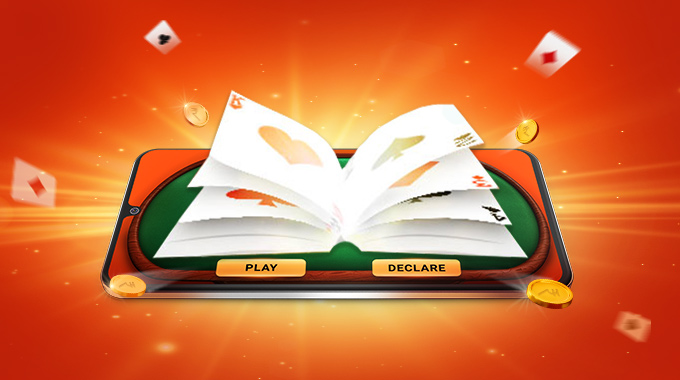Cognitive Strategies of Strategic Rummy Players: An Insight into Memory, Patterns, and Decision-Making
Rummy is a game of strategy, memory, and understanding other people’s thoughts, not alone in skills. Good gamers use many cognitive strategies to improve their capacity for pattern recognition, wise decision-making, and effective memory utilization. With an eye on memory, pattern recognition, and decision-making, this article explores the cognitive processes experienced Rummy players use.
The Role of Memory in Rummy
Memory is an absolutely vital cognitive ability when you play a rummy online game. Players must keep track of their picked-up, thrown-away, or handed cards across the game. Memorizing helps a player not just make smart decisions but also throw away the opponent’s plans.
- Short-term memory is what players use to recall recent moves and thrown cards.
- Skilled players can develop an assortment of card combinations and tactics they might use all through games.
Pattern Recognition
Pattern recognition is another crucial cognitive ability employed by excellent Rummy players. This means that one can spot trends in card play and project opponent behavior based on observed patterns.
- Good players notice not just their own cards but also those thrown by opponents. Monitoring these patterns helps one determine what set or sequence their opponent is aiming for.
- Knowing trends enables players to change their gameplay depending on need. Should a player notice, say, that an opponent often discards certain suits or ranks, they might decide to preserve such cards to counter their opponent’s strategy.
Decision-Making Under Uncertainty
Due to the fact that rummy is a game of ambiguity by its very nature, players are required to make decisions depending on insufficient information. There are a variety of cognitive strategies that are necessary for good judgment.
- Players evaluate the risks associated with holding to certain cards instead of discarding them constantly. Knowing prior cards, they balance possible advantages with drawbacks.
- One tool advanced players could use is bluffing. By tossing cards that can trick opponents regarding hand arrangement, they may influence the flow of the game to their benefit.
- Many great Rummy players foresee opponent moves and exactly counter them using concepts from game theory.
Psychological Aspects of Rummy Gameplay
The success of the Rummy game is greatly determined by psychological aspects, in addition to the cognitive abilities of the players alone. People who under duress stay composed are more likely to make sensible decisions. Observation also provides a psychological edge, which is the ability to influence the confidence levels of the opponent.
- Competent players might lead their opponents to doubt their own judgment by displaying excellent observation skills and strategic acumen.
- Control of emotions during games is very important. Calm players are better equipped to focus on strategy than they are to let aggravation or stress control them.
Conclusion
Excellent Rummy players combine strategic thinking under uncertainty with memory skills and recognition of patterns. Mastery of these skills not only improves gameplay but also facilitates players to better understand the psychological processes running within the game. Rummy therefore transcends basic entertainment to become a complex blend of cognitive demands enhancing mental acuity and motivating competitive spirit. Happy playing on RummyCircle.




